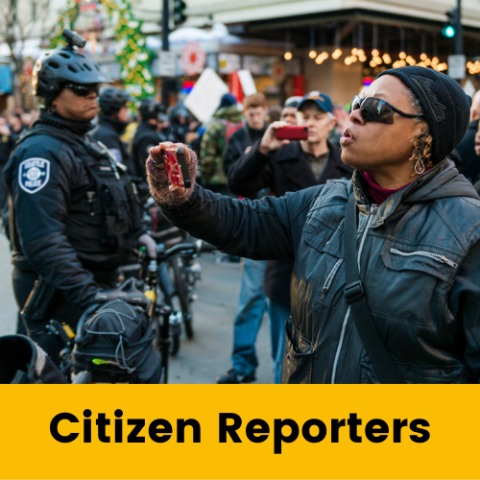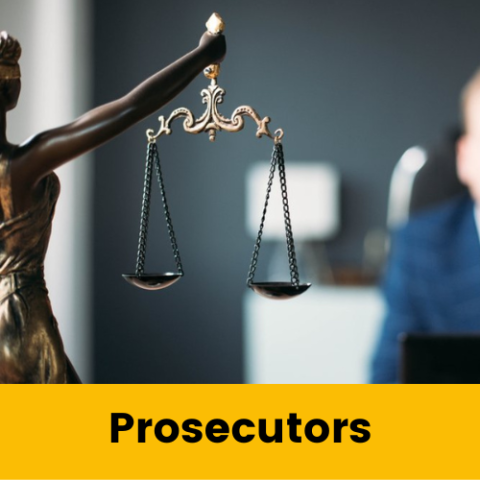Date of Offense
Reporting Authority
Supporting Document(s)
Statement
Dallas county 283rd judicial district court cause numberf-1976346 I attended the week long trial in which I witnessed Amber Moore make false statements to the jury about having proven guilt, having proven all elements of the crime, failed to show beyond a reasonable doubt based on evidence a crime was committed by the defendant. No evidence exists of probable cause, no connection between defendant and deceised exists. The prosecutor failed to tell the jury that the witness had been impeached. The prosecutor also used purjured testimony, didn't disclose witness incentives and witness coaching to the court and jury. Did not disclose exculpatory evidence, GSR negative results. The prosecutor used HIPPA protected information without consent. Resulting in an innocent man convicted. She lastly violated his right to a speedy trial, and due process of law. All the news article are quoted as saying that defendant was guilty, or responsible. Which also violated his due process rights.


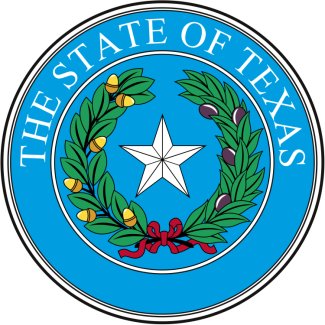
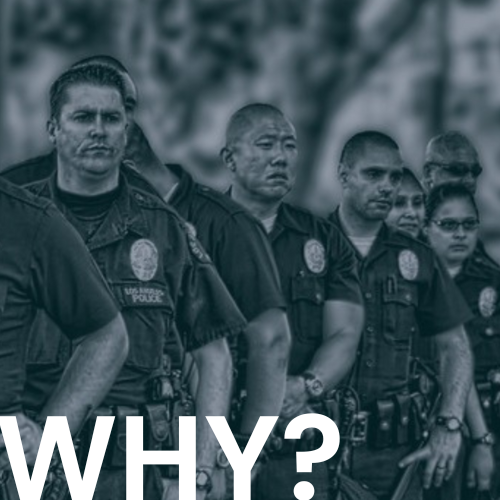
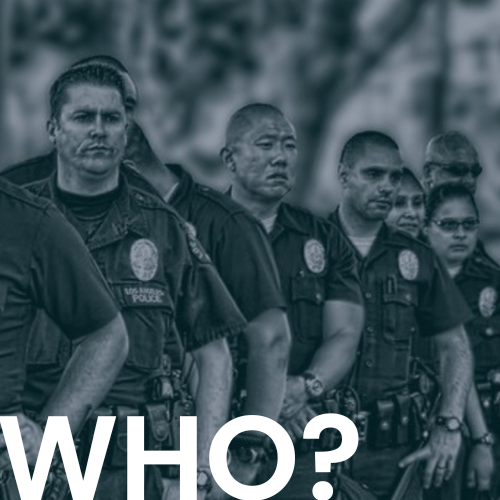
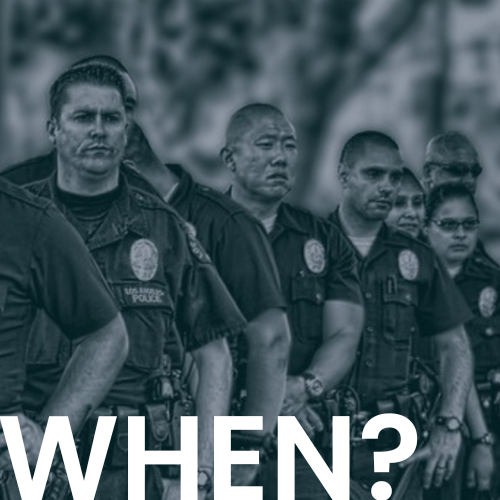
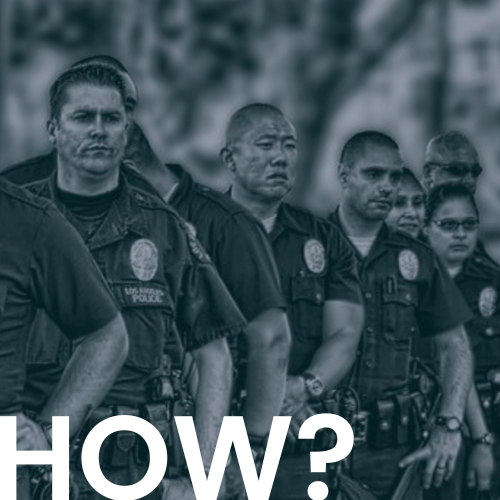
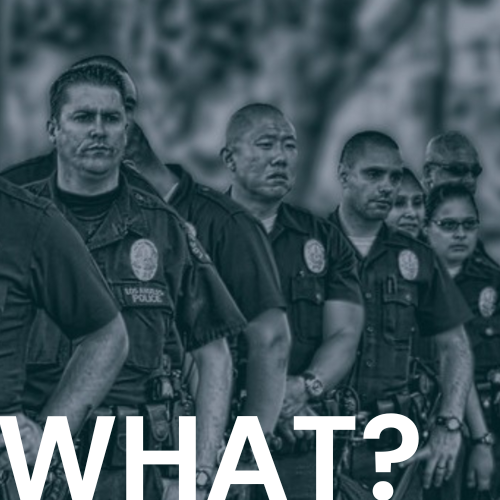
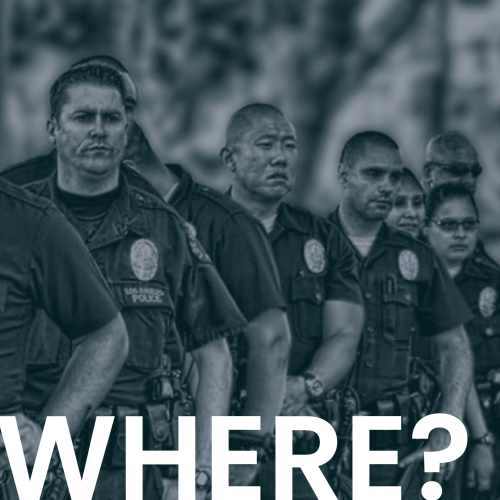
![Peace Officer Standards & Training [POST] Departments Peace Officer Standards & Training [POST] Departments](/sites/default/files/styles/large/public/2023-07/Brady.png?itok=xsIFvU8R)
![Organizations [Law Enforcement et al.] Organizations [Law Enforcement et al.]](/sites/default/files/styles/large/public/2023-07/Brady%20%282%29.png?itok=H7Pj15F8)
